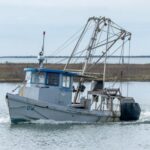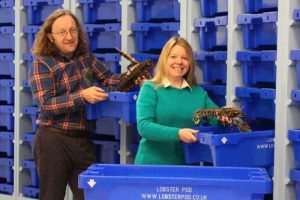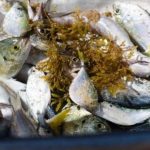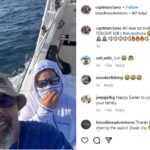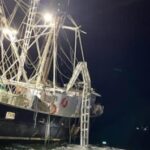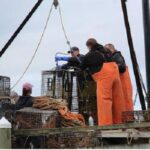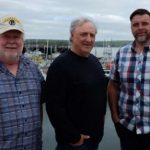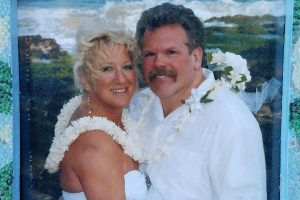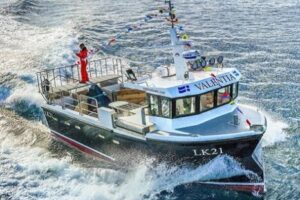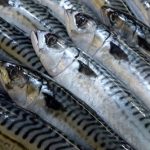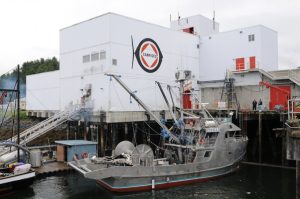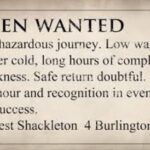Tag Archives: Dr. Steve Cadrin
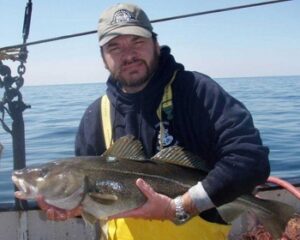
Watch National Stock Assessment Seminar – Dr. Cadrin will discuss “Optimal Spatial Boundaries and Strata for Stock Assessment
Dr. Steve Cadrin, Chair & Professor of the Department of Fisheries Oceanography at UMass Dartmouth , will present at NOAA Fisheries’ National Stock Assessment Seminar on Thursday, May 6 at 3 pm. His presentation on “Optimal Spatial Boundaries and Strata for Stock Assessment…and confronting practical realities” will be followed by a Q&A session. This online event, hosted by NOAA Central Library, is free and open to the public. Register to attend. >click to read< 11:34
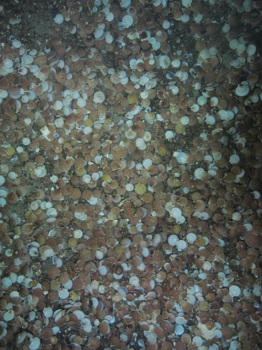
Stokesbury’s image-based, drop camera survey has been pivotal in the revival of the scallop industry
Stock assessment is one of the many key areas of research being conducted by several professors at UMass Dartmouth’s School for Marine Science & Technology (SMAST). Efforts led by Professors Steve Cadrin, Pingguo He, and Kevin Stokesbury help characterize how offshore wind development interacts with the marine environment, including important fisheries and critical habitat. Their findings are also critical in advancing offshore wind in a sustainable manner while minimizing impacts to existing marine activities and resources. >click to read< 13:34
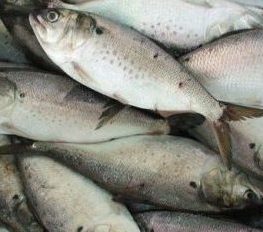
Science Center for Marine Fisheries Releases Evaluation and Summary of Latest Atlantic Menhaden Assessments
Dr. Steve Cadrin, Professor at the School for Marine Science and Technology at the University of Massachusetts Dartmouth and past President of the American Institute of Fishery Research Biologists, has completed an evaluation and summary of the latest Southeast Data, Assessment, and Review (SEDAR) Atlantic menhaden stock assessments. >click to read< 15:58
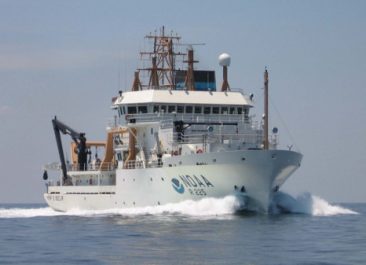
New England Stock Assessments – If it’s the same, it will never be different, Don Cuddy
We are having a serious problem in New England with the performance of the models used in fishery management. To remedy a situation that, along with some other factors, has led to the current crisis in the groundfish industry, we need new data … and maybe we need new models.,, Getting better data is a theme familiar to anyone with connections to the fishing industry in New England. It is central to the mission at the Center for Sustainable Fisheries and was the focus of the forum CSF sponsored at the New Bedford Whaling Museum in May. Read the rest here 09:03
At Asia-Pacific summit, Kerry gives wrong advice for world’s fisheries
 But Secretary Kerry gets some key facts wrong here. For one, most of the fisheries of the world are not overfished. In 2014, the UN Food and Agriculture Organization (FAO) placed that number at 29 percent, and reported that approximately 70 percent of the stocks that they assessed were being fished within biologically sustainable levels. If the U.S. is going to promote sustainability worldwide, it should acknowledge current management successes. Read the rest here 12:35
But Secretary Kerry gets some key facts wrong here. For one, most of the fisheries of the world are not overfished. In 2014, the UN Food and Agriculture Organization (FAO) placed that number at 29 percent, and reported that approximately 70 percent of the stocks that they assessed were being fished within biologically sustainable levels. If the U.S. is going to promote sustainability worldwide, it should acknowledge current management successes. Read the rest here 12:35
Climate Change Forces Reevaluation of Fishery Management. (Isn’t that right, John?)
Scientists now think that altered zooplankton populations may be one reason cod stocks haven’t rebounded as quickly as expected. In addition, water temperatures in southern New England are getting uncomfortably warm for cod. So they’re moving northward and offshore in search of cooler water.. And they’re not alone. Over the past fifty years, more than half of all commercially exploited species have responded to warming waters by changing where they live. That includes the fish that used to fill Eldredge’s weir. Read [email protected] 21:57
Scientists, Industry Leaders Question Validity of Yellowtail Flounder Assessments
![]() As the Transboundary Resources Assessment Committee (TRAC) publicizes its recommendations for drastically reduced catch limits for Georges Bank yellowtail flounder, a diverse group of industry stakeholders and marine scientists are raising questions about the reliability of the TRAC’s advice and the underlying science behind it. This includes one of the largest industry associations, the Fisheries Survival Fund, and the current President of the American Institute of Fishery Research Biologists (AIFRB), Dr. Steve Cadrin. more@savingseafood 12:29
As the Transboundary Resources Assessment Committee (TRAC) publicizes its recommendations for drastically reduced catch limits for Georges Bank yellowtail flounder, a diverse group of industry stakeholders and marine scientists are raising questions about the reliability of the TRAC’s advice and the underlying science behind it. This includes one of the largest industry associations, the Fisheries Survival Fund, and the current President of the American Institute of Fishery Research Biologists (AIFRB), Dr. Steve Cadrin. more@savingseafood 12:29
Scallop Industry: There has been “no progress” in Yellowtail Flounder Assessments Links

































